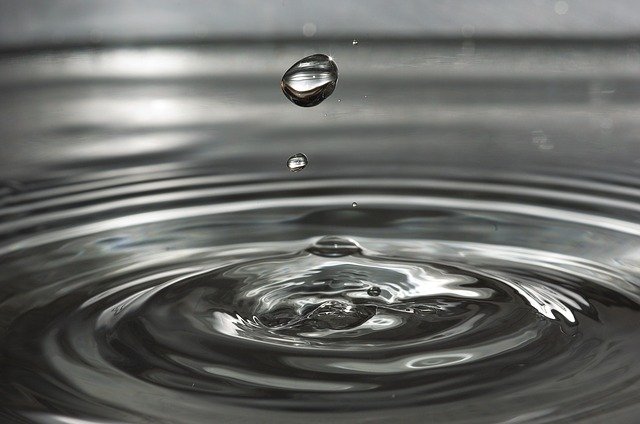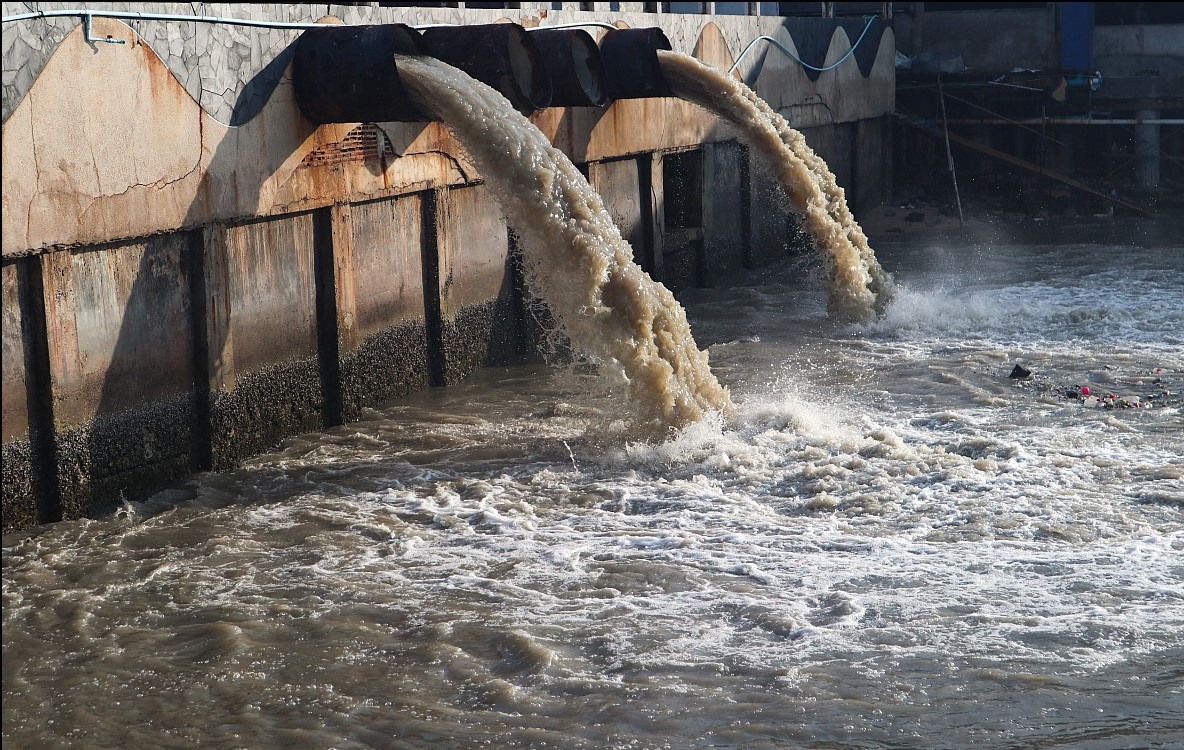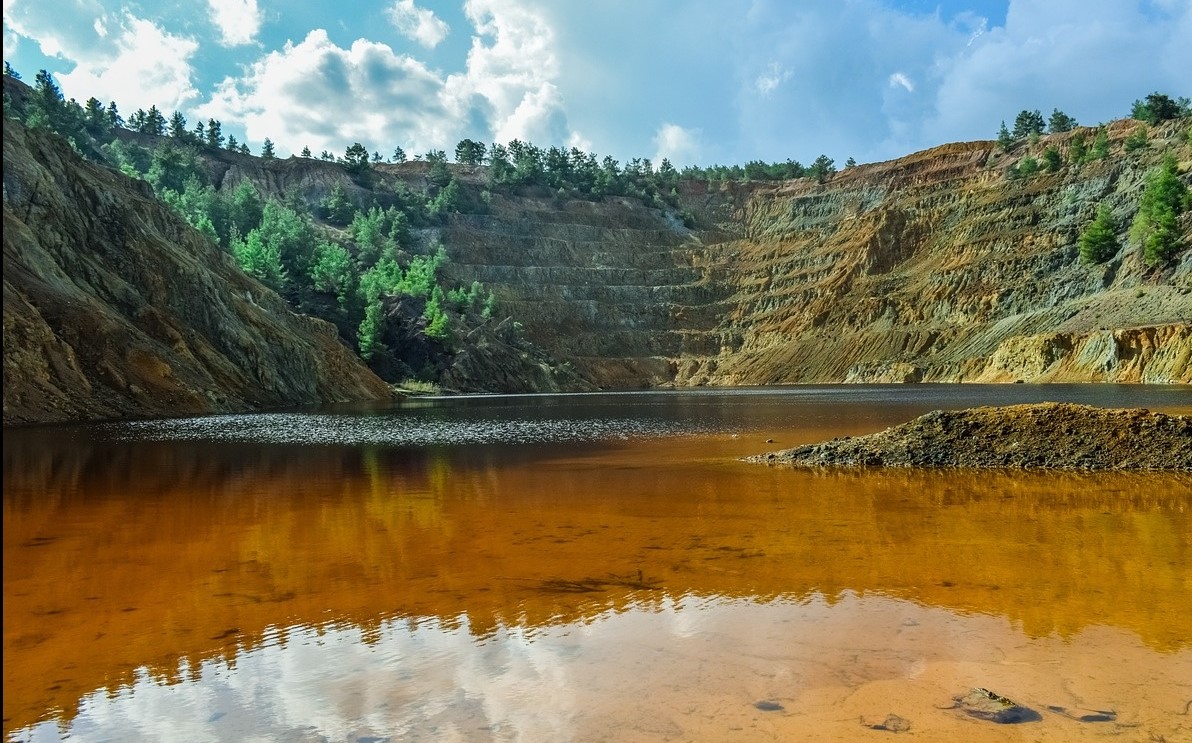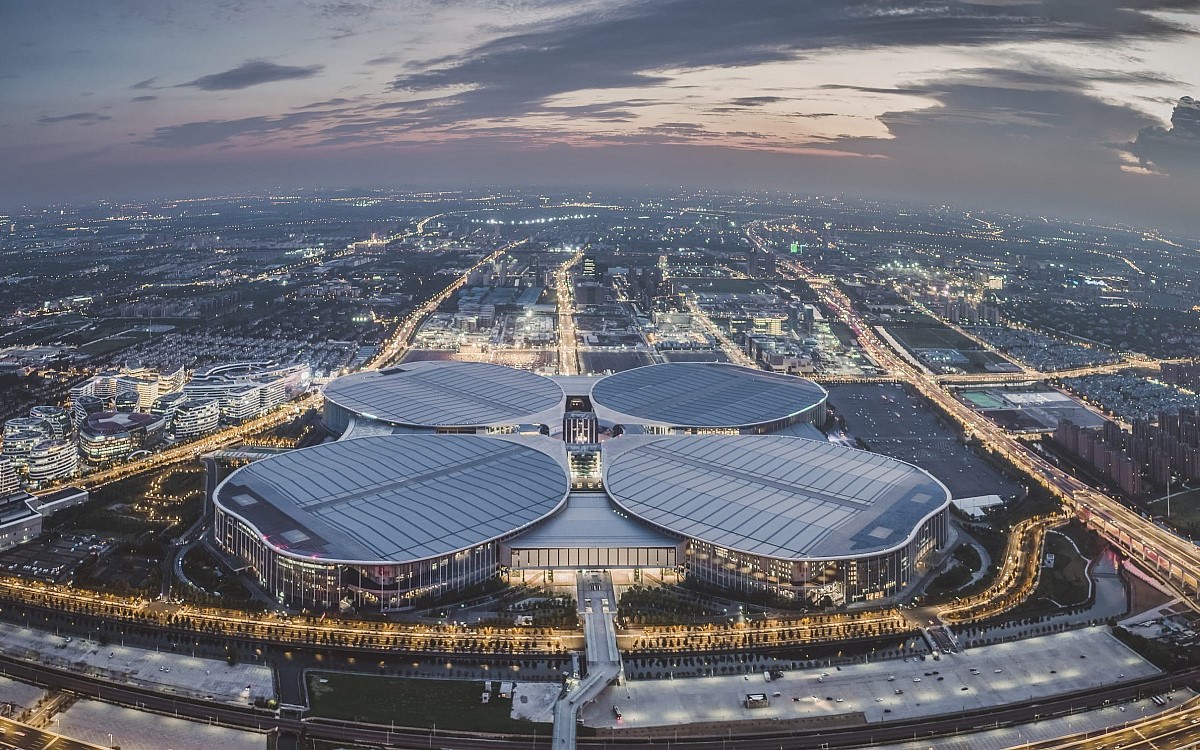The strategic routemap was produced on behalf of industry body Water UK, after many months of analysis, in-depth conversation and innovative thinking by consultants at the two global consultancies. The document is also unprecedented; the UK water industry is the first such industrial sector within the country to commit to the achievement of net zero carbon emissions by 2030, a full twenty years ahead of the UK Government’s stated goal.
The routemap, which was officially announced on November 12, 2020, was developed with the support of all the UK’s water companies. It has been designed to offer different pathways to suit the requirements of each organization but with the same end goal of achieving net zero by 2030.
Ricardo CEO Dave Shemmans said: “The work that has been done in developing this scientifically robust strategy is an indication to other organizations and industries of what is possible. And this ground-breaking approach has now opened the doors to other industries to follow a similar path.”
Mike Haigh, Mott MacDonald’s executive chairman, said: “Net zero isn’t something that any one water or wastewater company can achieve alone. Every single organization will have to work with its peers, with the whole of its supply chain, with landowners and with its customers. Government and regulators have pivotal roles in setting the policy and legislative frameworks to enable and incentivize the transition. Net zero by 2030 will be a huge team effort.”
To achieve net zero by 2030, the water industry will need to reduce its current greenhouse gas emissions through the use of efficiency interventions and alternative technologies; renewable energy generation; and removing residual emissions by contributing to the UK’s natural sequestration efforts. The sector has already started working towards its goal with a number of programs and initiatives already in place.
The work done by Ricardo and Mott MacDonald in preparing this routemap builds on what has already been achieved and support the transition to a lower emissions future. Progress on the net zero carbon goal will be independently assessed each year with key milestones reported publicly.
The consultancies will be conducting a series of webinars on the routemap in February 2021. These will include how and why the routemap was developed, the net zero solutions it identifies and the lessons that can be learned for other sectors and organizations looking to achieve net zero. To register interest in attending one of the webinars, visit https://register.gotowebinar.com/register/3546104630903434764?source=pr The routemap executive summary is available for download here.
Global consultancies develop net zero 2030 routemap for UK water
Kategorie: Trade & Industry
Thema: Water Solutions
Autor: Jonas Völker
Das könnte Sie auch interessieren:
Passende Firmen zum Thema:
Publikationen
Sie möchten die gwf Wasser + Abwasser testen
Bestellen Sie Ihr kostenloses Probeheft
Überzeugen Sie sich selbst: Gerne senden wir Ihnen die gwf Wasser + Abwasser kostenlos und unverbindlich zur Probe!







